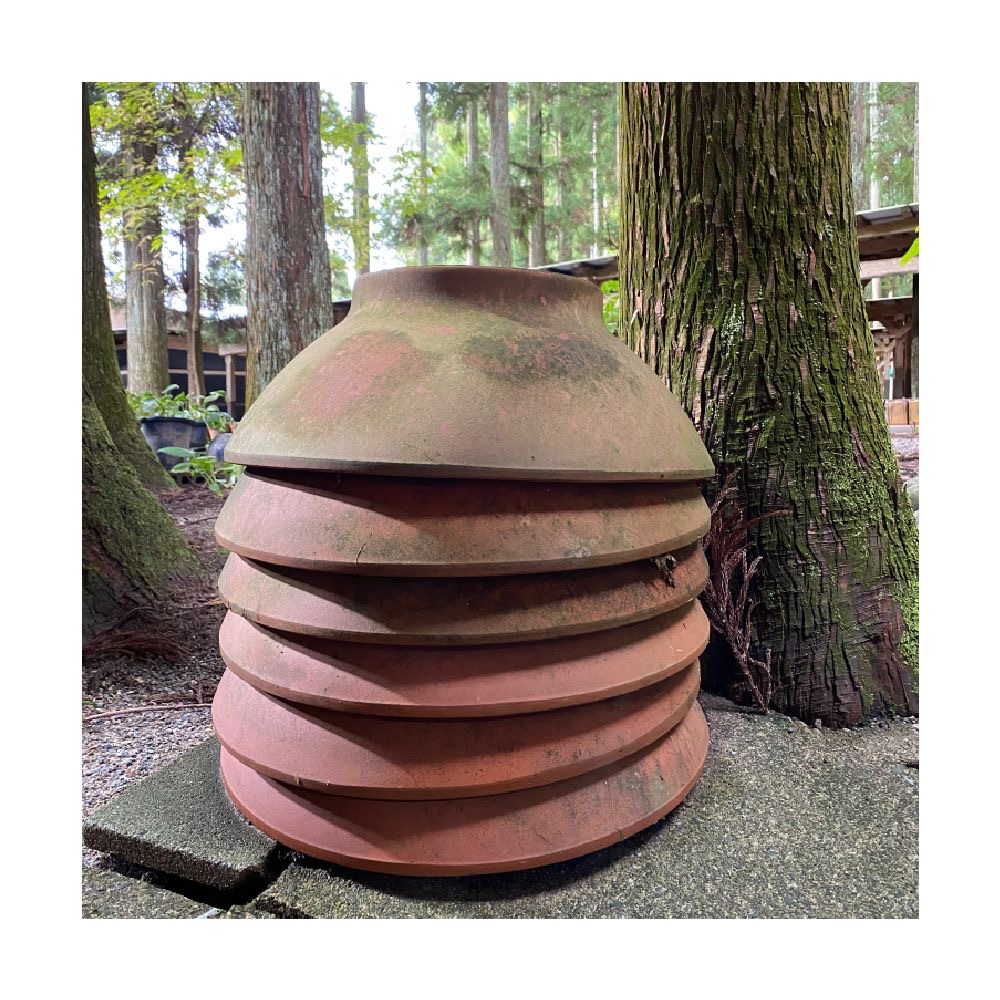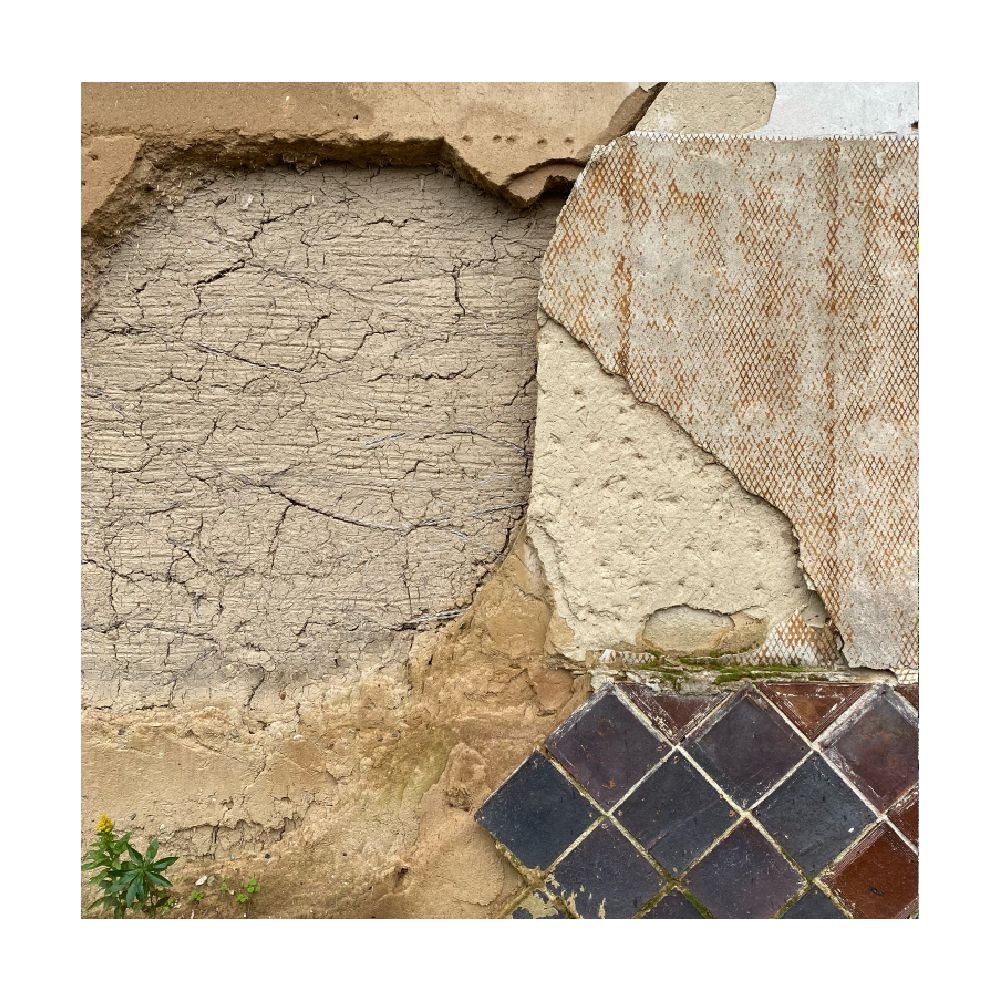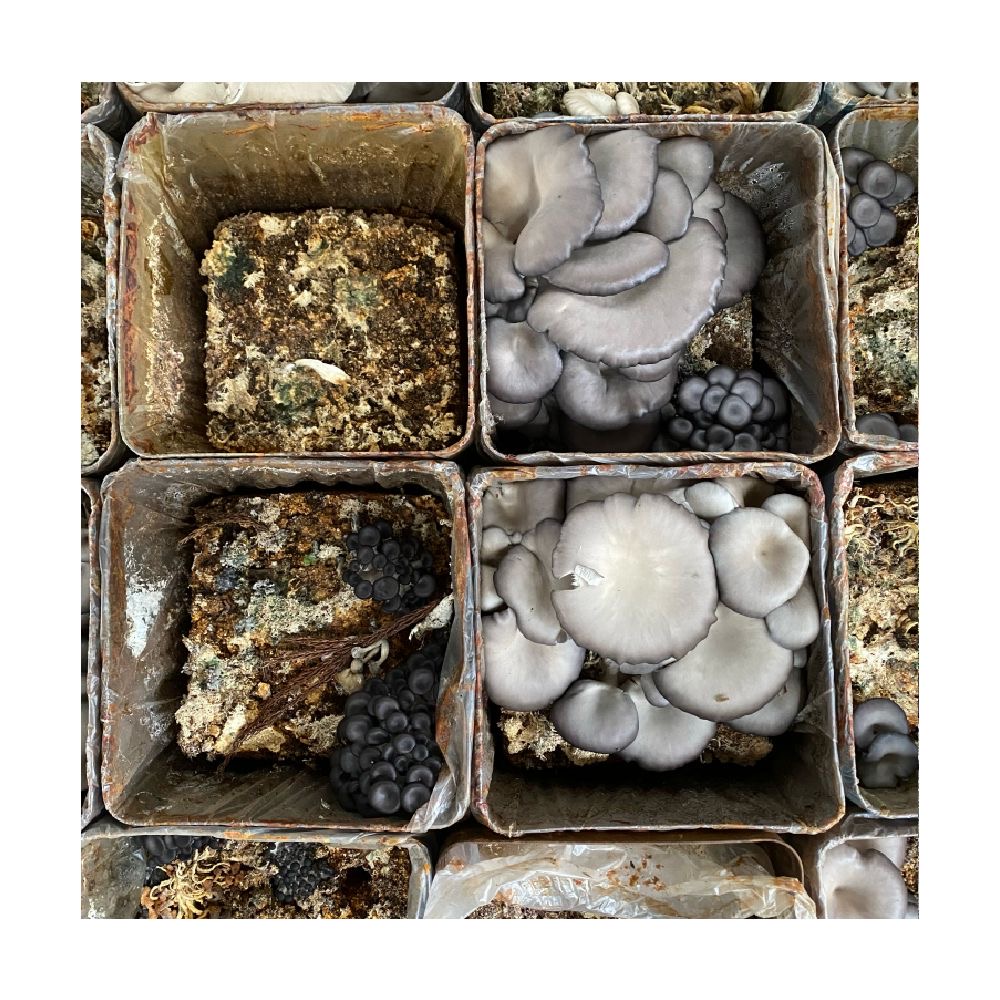
Continuing on my reflections from last week about art and poetry, and more specifically, what haiku should be, I found great comfort in these descriptions by Sam Hamill in his introduction to Basho’s Narrow Road to the Interior.
The poet strives for the quality called amari-no-kokoro, meaning that the heart/soul of the poem must reach far beyond the words themselves, leaving an indelible aftertaste.
As this critical vocabulary came into use, it was balanced by a vocabulary of the emotions. A contemporary of Saigyo, Fujiwara Teika (1162 – 1241), attacked structural criticism as hopelessly inadequate. “Every poem,” he said, “must have kokoro. A poem without kokoro is not—cannot be—a true poem; it is only an intellectual exercise.”
Here we find the idea that haiku (and art and poetry as well) should have a soul of some sort, a spirit of its own, and that this spirit should somehow remain with us—in thought or emotion. More than a soul of its own, I am tempted to say that what is being expressed here is that haiku should be the precise embodiment of the soul we find in nature, in objects, and in the human experience.
For those wanting clear answers, and possibly even for artists questioning the strength of their own work, Hamill’s words will provide no comfort. Have we written a haiku that possesses true kokoro? How can we know?
I’m reminded of Georgia O’Keefe’s quote, I don’t know what Art [insert haiku or poetry here] is but I know some things it isn’t when I see them.
He [Basho] would later write to a disciple, “Even if you have three or four extra syllables, or even five or seven, you needn’t worry as long as it sounds right. But if even one syllable is stale in your mouth, give it all your attention.”
Often when we talk about haiku, the question of form arises. Do our poems really need to be written in three lines of five, seven, and five syllables? Should we force our language into this shape for the sake of writing a poem?
I find it comforting to know that an old master once wrote that form is secondary to the sound of the poem (and I would imagine the feel of it, too).
When his disciple, Kikaku, overpraised a Basho image of a cold fish on a fishmonger’s shelf, saying he had attained “true mystery and depth,” Basho replied that what he most valued was the poem’s “ordinariness.” He had come almost full circle from the densely allusive Chinese style into a truly elegant simplicity that was in no way frivolous. He had elevated haiku from wordplay into a powerful lyric poetry …
Frankly, I was happy to read this, because in the book that I read last week, the author said haiku is not short, lyrical poetry; and something about that just didn’t sit well with me.
“Abide by the rules,” Basho taught, “then throw them out!—only then may you achieve true freedom.”
So there you have it. My takeaway from this is, use the form until you no longer need the form. Use the mold until you can break the mold.

of your leg on mine
deep in the night
the smell of molding leaves and
my father’s backyard
sparks cool before they hit the floor
honey, I’m home
on the rooftops this morning
like a welcome wink
as their house is torn down
knowing they’ll be next
cars drive by outside
their headlights on already
in the early morning hours
is cold once again

I always see poetry not as a set of rules and abstractions, but as pure human feeling, which flows freely between verses, taking away what oppresses and what makes happy.
Beautiful haikus that you share with us on this day.
Good day.
I think of poetry as play. Sometimes rules make it easier to play, and sometimes they inhibit it. It’s up to us to feel the difference in those moments and go with what feels right.
I'm too tired tonight to read the poems at this moment, but I want to say that I LOVE YOUR PHOTOGRAPHS. Those always speak to me. I hope to get back to the poems and prose tomorrow.
Thanks. I don’t know that anyone has ever commented on the photographs in these posts before.
I went to a mushroom farm yesterday. There was a lot to take pictures of. 😊
I've never commented on your photographs?! I've always appreciated them. You have a great eye for composition and color.
Your talk about haiku is wonderful!
I think you get this very well:
I've tried to express this to you before about your poems, but here goes again: you find the profound in everyday moments, and manage to bring that profundity to me as a reader thousands of miles away. That there is serious magic.
Been there, felt that!! Great use of language, especially the word "sparks" one syllable packed with multiple meanings. This one is my favorite of the batch.
You have a tendency to choose the poems that I’m least sure about, and that I fuss over the most. 🤣
Part of me feels like the last line of that poem is cliche and too big of a leap from the beginning of the poem, and part of me feels like it’s just right.
I can’t decide.
But I like that it can be read in a cyclical way (at least I imagine that it can be), and that it can also be read in an endearing way (again, I think it can be read in such a way).
In one way, it sounds like it might be a poem of frustration, a person coming home to a loveless relationship and being snarky.
In another way, if one follows the first line about learning and believes it, you can see the poem as being about another kind of love, one that exists outside of/beyond what we often think of as (passion-fueled) love.
The spark is gone, but I’m happy to come home to you, and I still love you enough to call you Honey.
An anticipation of being home, that dissipates, somewhat, with the arrival. A long marriage, with affection, but not the delight on meeting again that they once felt. Maybe the kids were screaming, or the dog had left a present by the front door, or the mail held a huge bill. Love the last line! It's triteness speaks to me of both mundane and glorious things. Brings the first line of learning back into the poem.
This one had the most impact for me.
The one with the sparks reminded me of that song by Editors
I don't know why I like the song, but I suspect it's the poetry of that line that echoes long after it's read. All sparks will burn out in the end. There's something quite "haiku" about it.
"Learn the rules, then you can break them" is what I tell my English students.
How do you know? It's that sharp intake of breath when you read or hear a line that is weighty with a part of the human experience you recognize. It's that "damn, you're clever" feeling. It's that whiskey drop distillation of a moment.
You are particularly good at them
I don’t think I know who Editors are/is. I’ll have to look that song up. That’s a great lyric. It brought back so many memories of my teenage and twenty-something years, back when I smoked and spent time around other people who did. I always loved watching ashes fall, drop, bounce, fly through the air, etc.
The funny thing about art is that we try to define it, and we can, I think, to some extent, but then it becomes so subjective from there. Your whisky drop distillation moment and mine could be totally different, so then if you tell me that something is art or haiku because you recognize it as such, do I just have to take your word for it even though I can’t see it as such based on the same criteria that used to make that judgment?
That said, I totally agree with you. It’s that impact that seems to be the deciding factor.
In my reading, I was surprised to see that the same things were being discussed pretty much verbatim almost 1,000 years ago. Kind of funny, isn’t it.
Yes! Except not so fun when they landed in your eyeballs or burnt your favourite tights.
When I started to read more widely I adored Marquez, Kerouac, Hemingway, Kundera, Saremego - people I saw doing crazy experimental things with their writing that seemed so extra-ordinary to the stuff I had read at school or on Mums bookshelves (and she had great books). It utterly moved me. So yeah, the impact is key - none of these writers were writing the same as each other but found their own style. Goodness - so many infinite ways to tell a story! What wonder!
My whiskey drops could indeed be bitter on your tongue. How cool it is there are so many ways for us to be moved by art, and to create it.
There it is. A possible poem right there.
Saramego? That’s a name I don’t know.
I listened to the Editors. I feel like I’ve heard their name somewhere, but their music was new to me. It reminded me of a mix between Depeche Mode and the album Dusk, by The The.
Congratulations @boxcarblue! You have completed the following achievement on the Hive blockchain And have been rewarded with New badge(s)
Your next target is to reach 800 posts.
You can view your badges on your board and compare yourself to others in the Ranking
If you no longer want to receive notifications, reply to this comment with the word
STOPTo support your work, I also upvoted your post!
Check out our last posts:
We often lose ourselves discussing structure, format, rules ... however, if that which we create (poem, painting etc.) doesn't touch the readers / viewers heart we missed the 'mark'.
To be able to stick to the bare minimum (keyword: simplicity) and make it ordinary, requires true mastery. Lots to digest ... beautiful nuggets of wisdom.
My favorite today is #4, more specifically the use of sparkle, dew, wink ;)
How I love those morning sparkles of dew especially on days when I have all day to sleep. I agree with your claims about poetry, I've always known poetry have deeper meanings than we can see from the outside
What I read into this reminds me of what my dad used to say: New brooms sweep clean, but they dont stay new for long...